Architect Ryuei Nishizawa (co-founder of SANAA) and sculptor Rei Naito were on site last week at the opening ceremony of their 6-year long collaborative work, the Teshima Art Museum. Located on the island of Teshima, it’s the latest addition to the Benesse Art Site, which comprises the islands of Naoshima, Teshima and Inujima.
Originally planned to coincide with the opening of the 2010 setouchi international arts festival in july, several delays pushed the date back to October. They cut it close, opening the museum with just about 2 weeks left before the arts festival closes.
Much in the same spirit of its older sister, the Chichu Art Museum – designed by architect Tadao Ando in 2004 and built into the headland on Naoshima – the Teshima Museum is also nestled into the earth so as not to disturb the natural appearance of the site. Although both museums are intended to merge environment and architecture, there are significant differences in structure and application.
The Teshima Museum is made up of a single concrete pod structure with no pillars. The design resembles a droplet of water. And in the same way that rain interacts with the earth, the structure appears to blend and sink into its surrounding hills.
With just one (that’s right, 1) work the Teshima Museum easily trumps the Chichu Art Museum’s minimal yet powerful collection of just 9 works. And the structure was designed specifically to house this single work titled “bokei” (母型) – translated as “matrix” – by Rei Naito. The piece, whose title connotes imagery of a motherly figure giving birth to life, is characterized by moisture from underground water that seeps up onto the surface. The randomly accumulating droplets of water dance across the floor, as if dictated by their own volition, but actually guided by the wind that enters the structure through 2 oval openings on the ceiling.
Everything about the structure, they way it was designed – as an amalgam of art and architecture – to the art that it houses, is meant to illuminate the presence of nature.
Via excite.ism
Related:











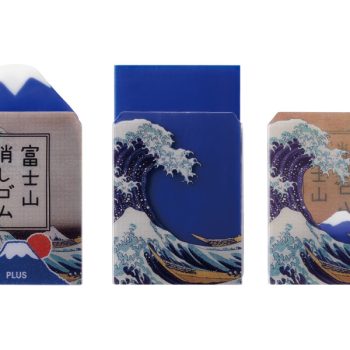

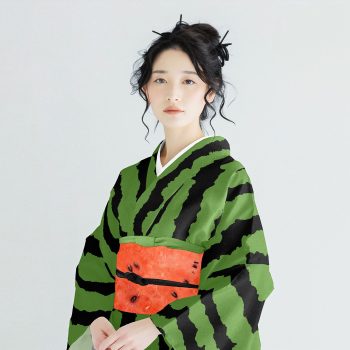
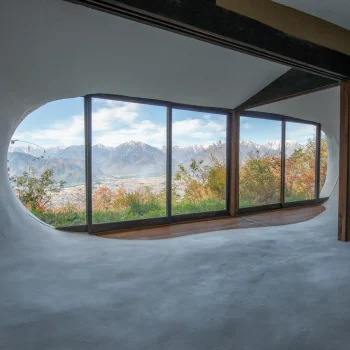

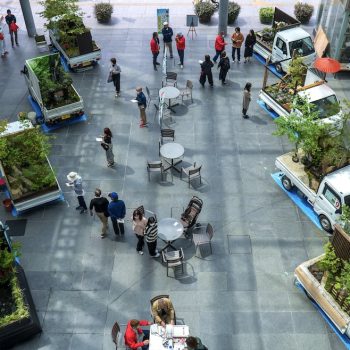
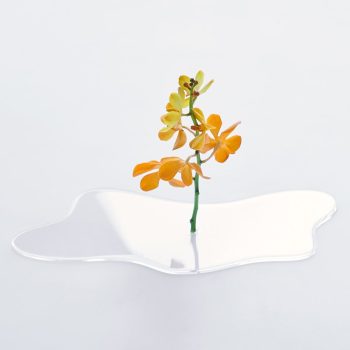
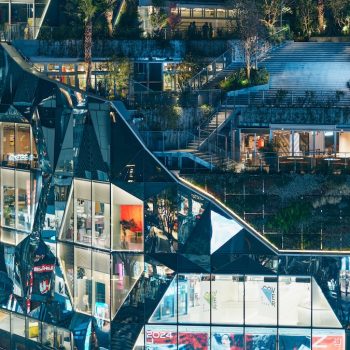
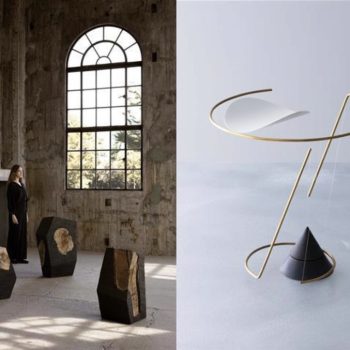









October 22, 2010 at 5:38 pm
such a beautiful colaborative instalation! i wish i could go visit in person!